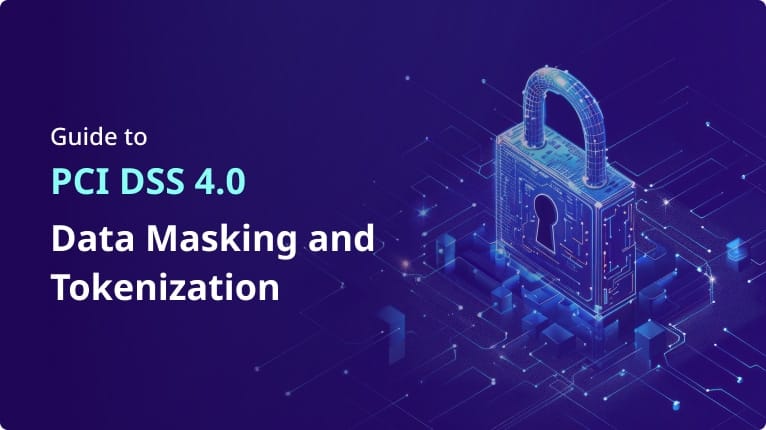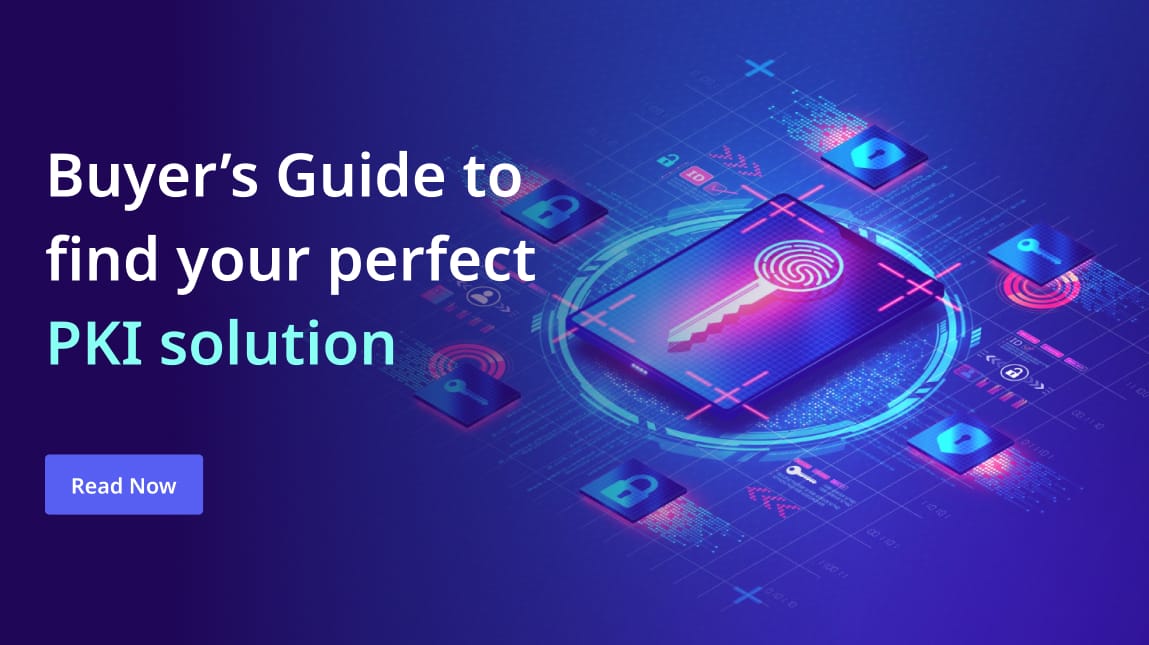What is Kubernetes? A foundational cloud native technology
If you’re in the IT world, you’ve likely heard of Kubernetes – but what exactly is it? Kubernetes is one of the foundational cloud native technologies.
Specifically, Kubernetes is an open-source container orchestration platform that automates the deployment, scaling, and lifecycle management of containerized applications across clusters of nodes.
Kubernetes abstracts away infrastructure complexity, allowing your applications to be packaged as portable units (containers) and deployed consistently across environments. Kubernetes is a key enabler for robust SecDevOps and DevOps practices as well as Infrastructure as Code (IaC). Simply put, Kubernetes enables you to run your containerized workloads anywhere, seamlessly and at scale.
What is Kubernetes used for?
Kubernetes provides the architecture for:
- Orchestrating your containers across clusters of servers: Deploying and managing your applications across multiple machines with ease.
- Automate Scaling: Respond to changing load demands by automatically adding or removing containers.
- Facilitate Seamless Application Updates: Implement rolling updates and rollbacks of applications with minimal downtime.
- Optimize your Resource Utilization: Ensure cost-effective use of computing resources.
Clearly, Kubernetes is a powerful platform with broad utility across many industries; however, a poorly controlled Kubernetes ecosystem presents several challenging security issues.
Streamlined application management, increased security complexity
While Kubernetes streamlines application management, it introduces a unique set of security complexities including:
- Expanded Attack Surface: Each container, pod, and their interactions within a Kubernetes cluster increase potential entry points for attackers.
- Misconfigurations Abound: The flexibility of Kubernetes means that we commonly find misconfigurations, which are exploitable, within our client’s clusters.
- Challenges of Secrets Management: The flexibility of Kubernetes complicates the secure storage and rotation of encryption keys, API tokens, and other sensitive credentials.
- Dynamic Workloads: The short-lived nature of Kubernetes workloads can make monitoring and security policy enforcement difficult.
A robust Kubernetes security posture requires that your security teams protect your data while effectively managing and controling countless machine identities. If your Kubernetes cluster deals with sensitive data, a modern data protection and encryption solution tailored to Kubernetes such as Thales’ CipherTrust Transparent Encryption for Kubernetes is essential. Additionally, access Management is critical for ensuring that access to your sensitive information is restricted to authorized users and applications. Without an automated machine identity management solution, your Kubernetes ecosystem can rapidly become unmanageable.
What is machine identity management? Venafi defines Machine Identity Management as “the discovery, management and protection of the machine identities that govern confidentiality and integrity of information and communication between machines“.
Kubernetes: Transport Layer Security (TLS) Certificate Issues Abound?
Digital certificates, including Transport Layer Security (TLS) certificates, are critical for secure communication between clusters within your Kubernetes deployment. The large volume of certificates within a Kubernetes deployment necessitates a robust machine identity management platform that automates certificate lifecycle management. Potential issues that compound the certificate volume and complexity challenge include:
1. Unmanaged Certificates
Communication between Kubernetes clusters relies on certificates to remain secure. If unmanaged or self-signed certificates enter the system, the result can be denial of service in critical applications. To avoid security incidents and certificate outages, stringent certificate management and governance is key.
2. Unmanaged Subordinate Certificate Authorities (CAs)
Using unvalidated and unmanaged subordinate CAs can compromise an entire security infrastructure. These sub-CAs can elevate privileges, deny service, decrypt captured traffic, and intercept encrypted communications, all of which show a significant threat to the integrity and confidentiality of data.
3. Weak Encryption
Weak encryption standards, including outdated TLS versions (like TLS 1.0 and 1.1) and insufficiently robust cipher suites, can enable the interception and decryption of encrypted traffic by malicious parties. Employing fortified, up-to-date encryption methods, such as TLS 1.2 or ideally 1.3 with strong cipher suites, is essential to protecting data in transit from these vulnerabilities.
4. Unused Certificates
Unused or orphaned certificates, which are not tied to any active resource, can act as hidden backdoors for attackers. These certificates can facilitate spoofing, privilege escalation, and denial of service attacks if not correctly managed and retired.
Mitigating Kubernetes Security Threats: Machine Identity Management
Securing Kubernetes environments against these vulnerabilities requires a holistic approach to coordinate and manage all machine identities, digital certificates, and policies across your deployment. A Machine Identity Management Platform that is tailored to the unique nature of Kubernetes is optimal. A solution we recommend to our clients is Venafi’s TLS Protect for Kubernetes:
- Discover all Machine Identities across your Kubernetes environments: TLS Protect for Kubernetes addresses the certificate volume challenge inherent to Kubernetes by finding all SPIFFE, SVID, mTLS and TLS certificates, including those not issued by cert-manager.
- Certificate Lifecycle Automation: Automating the issuance, renewal, and revocation of certificates reduces your administrative burden and the risk of human error.
- Stringent Policy Enforcement: TLS Protect for Kubernetes Control Plane establishes and enforces certificate policies within your Kubernetes clusters to maintain trust and compliance with relevant compliance regulations and standards.
- Visibility and Control: Gaining in-cluster visibility into certificate usage and implementing controls over certificate issuance to prevent outages and potential exploitation of vulnerabilities.
- Seamless Integration: Integrating security seamlessly into developer workflows enables the deployment of secure, compliant, and efficient applications with Kubernetes. Venafi Control Plane enables you to manage machine identities not only within your Kubernetes clusters but also throughout various environments – traditional data centers, cloud platforms, etc.
Wrangling your machine identities to bring order to the Kubernetes Wild West
As Kubernetes continues to dominate container orchestration, a proactive and automated approach to securing your environments is essential. Accutive Security is a certified Venafi partner that will seamlessly integrate TLS Protect for Kubernetes with your Kubernetes clusters. Establish a foundation of trust for your Kubernetes deployments with Accutive Security and Venafi.












Comment